Navigating the Vibrant Hub of Metro West Boston: A Comprehensive Guide
Related Articles: Navigating the Vibrant Hub of Metro West Boston: A Comprehensive Guide
Introduction
In this auspicious occasion, we are delighted to delve into the intriguing topic related to Navigating the Vibrant Hub of Metro West Boston: A Comprehensive Guide. Let’s weave interesting information and offer fresh perspectives to the readers.
Table of Content
- 1 Related Articles: Navigating the Vibrant Hub of Metro West Boston: A Comprehensive Guide
- 2 Introduction
- 3 Navigating the Vibrant Hub of Metro West Boston: A Comprehensive Guide
- 3.1 Defining the Boundaries of Metro West Boston
- 3.2 Understanding the Geographic Landscape
- 3.3 Exploring the Transportation Network
- 3.4 Discover the Cultural and Economic Hubs
- 3.5 Unveiling the Charms of Metro West Boston
- 3.6 Navigating the Map of Metro West Boston: A Practical Guide
- 3.7 Frequently Asked Questions (FAQs)
- 3.8 Tips for Exploring Metro West Boston
- 3.9 Conclusion
- 4 Closure
Navigating the Vibrant Hub of Metro West Boston: A Comprehensive Guide
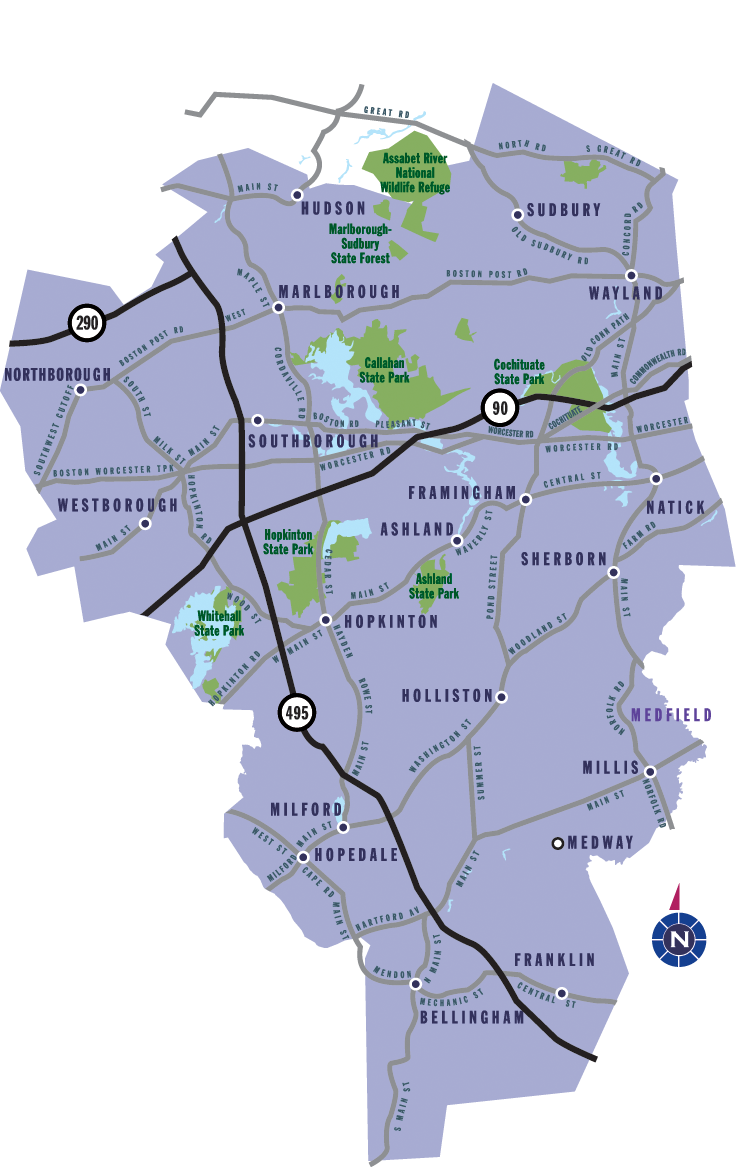
Metro West Boston, a sprawling region encompassing numerous towns and cities west of the city proper, has emerged as a dynamic and thriving area, attracting residents, businesses, and visitors alike. Understanding the geographical layout and key features of this region is crucial for anyone seeking to explore its diverse offerings. This article provides a comprehensive guide to the map of Metro West Boston, highlighting its unique characteristics, key attractions, and practical information for navigating this vibrant region.
Defining the Boundaries of Metro West Boston
While there is no official, universally accepted definition of Metro West Boston, it generally encompasses the communities situated west of Boston proper, stretching from the Charles River westward towards the Worcester County line. This region includes a diverse range of towns and cities, each with its distinct character and appeal.
Key Cities and Towns:
- Framingham: A major hub with a thriving downtown, diverse shopping options, and significant corporate presence.
- Natick: Known for its upscale shopping mall, vibrant arts scene, and historic landmarks.
- Waltham: Home to several major corporations, a vibrant arts community, and picturesque parks.
- Newton: A collection of charming villages with a strong sense of community, renowned schools, and beautiful parks.
- Wayland: A peaceful town with a strong sense of community, excellent schools, and abundant natural beauty.
- Weston: A wealthy town with a strong focus on education, a vibrant arts scene, and picturesque parks.
- Sudbury: A town with a strong sense of community, a beautiful natural environment, and a rich history.
- Concord: A historic town with a rich literary heritage, scenic walking trails, and a thriving arts scene.
- Lexington: A town known for its historical significance, beautiful parks, and vibrant community life.
- Arlington: A town with a diverse population, a thriving arts scene, and a strong sense of community.
- Belmont: A town with a strong sense of community, excellent schools, and beautiful parks.
Understanding the Geographic Landscape
The map of Metro West Boston reveals a diverse landscape, featuring rolling hills, verdant forests, and picturesque rivers. The Charles River, a vital artery of the region, winds its way through several towns, offering recreational opportunities and scenic beauty. The region also boasts several parks and conservation areas, providing ample opportunities for outdoor recreation and nature exploration.
Exploring the Transportation Network
Metro West Boston enjoys a well-developed transportation network, offering multiple options for getting around:
- Massachusetts Bay Transportation Authority (MBTA): The MBTA provides commuter rail service to several Metro West towns, connecting them to Boston’s public transportation system.
- Roads and Highways: The region is well-connected by major highways, including Interstate 90 (the Massachusetts Turnpike) and Interstate 95 (the Southeast Expressway), facilitating easy access to Boston and surrounding areas.
- Bus Service: Local bus services operate within and between towns, offering convenient and affordable transportation options.
Discover the Cultural and Economic Hubs
Metro West Boston is a dynamic region with a diverse cultural landscape and thriving economy.
- Arts and Culture: The region boasts numerous museums, theaters, art galleries, and cultural centers, showcasing a wide range of artistic expressions.
- Shopping and Dining: From upscale shopping malls to charming boutiques, Metro West offers diverse shopping options catering to various tastes. The region also boasts a vibrant culinary scene with restaurants offering cuisines from around the world.
- Education and Research: Metro West is home to several renowned educational institutions, including Boston College, Brandeis University, and Babson College, contributing to the region’s intellectual and economic vibrancy.
- Business and Industry: The region is a hub for various industries, including technology, healthcare, finance, and manufacturing, attracting businesses and fostering economic growth.
Unveiling the Charms of Metro West Boston
Beyond its urban offerings, Metro West Boston boasts a wealth of natural beauty and historical significance.
- Parks and Recreation: The region is home to several parks and conservation areas, offering opportunities for hiking, biking, fishing, and other outdoor activities.
- Historical Sites: Metro West is rich in history, with numerous historic sites and landmarks, including the Battle of Lexington and Concord, Walden Pond, and the Old North Bridge.
- Small Towns and Villages: The region is dotted with charming small towns and villages, each with its unique character and charm.
Navigating the Map of Metro West Boston: A Practical Guide
- Online Mapping Tools: Utilize online mapping tools like Google Maps, Apple Maps, and Bing Maps to find specific locations, plan routes, and explore the region’s attractions.
- Local Resources: Consult local tourism websites, community newspapers, and visitor centers for information on events, attractions, and practical tips.
- Public Transportation Information: Check the MBTA website for schedules, fares, and service updates.
- Traffic Conditions: Utilize real-time traffic information apps to avoid congestion and plan efficient routes.
Frequently Asked Questions (FAQs)
Q: What is the best way to get around Metro West Boston?
A: The best mode of transportation depends on your specific needs and destination. For commuting to Boston, the MBTA commuter rail is a convenient option. For exploring the region, driving is often the most flexible choice. Local bus services offer affordable transportation within and between towns.
Q: What are the best places to visit in Metro West Boston?
A: Metro West Boston offers a wide range of attractions, including historic sites like the Battle of Lexington and Concord, Walden Pond, and the Old North Bridge; museums and cultural centers; parks and conservation areas for outdoor recreation; and charming small towns and villages.
Q: What are the best restaurants in Metro West Boston?
A: The region boasts a diverse culinary scene, with restaurants offering cuisines from around the world. Local publications, online review sites, and local tourism websites can provide recommendations for restaurants based on your preferences.
Q: Is Metro West Boston a good place to live?
A: Metro West Boston offers a desirable living environment with a blend of urban amenities and suburban charm. The region boasts a strong sense of community, excellent schools, and a diverse range of housing options.
Q: What are the best neighborhoods in Metro West Boston?
A: The best neighborhood for you depends on your individual preferences and lifestyle. Some popular neighborhoods include Newton, Wayland, Weston, Sudbury, and Concord.
Tips for Exploring Metro West Boston
- Plan Ahead: Research your destination and plan your itinerary in advance, especially if you are visiting during peak season.
- Utilize Public Transportation: Consider using the MBTA commuter rail for commuting to Boston, and local bus services for transportation within and between towns.
- Explore the Outdoors: Take advantage of the region’s parks and conservation areas for hiking, biking, fishing, and other outdoor activities.
- Visit Local Businesses: Support local businesses by dining at local restaurants, shopping at boutiques, and attending events hosted by community organizations.
- Engage with the Community: Attend local events, festivals, and community gatherings to experience the region’s vibrant culture and friendly atmosphere.
Conclusion
Metro West Boston is a vibrant and diverse region, offering a unique blend of urban amenities, suburban charm, and natural beauty. From its thriving economy and cultural offerings to its picturesque landscapes and rich history, this region provides something for everyone. By understanding the map of Metro West Boston and utilizing the resources and information provided in this guide, visitors and residents alike can navigate this captivating region and discover its hidden gems.
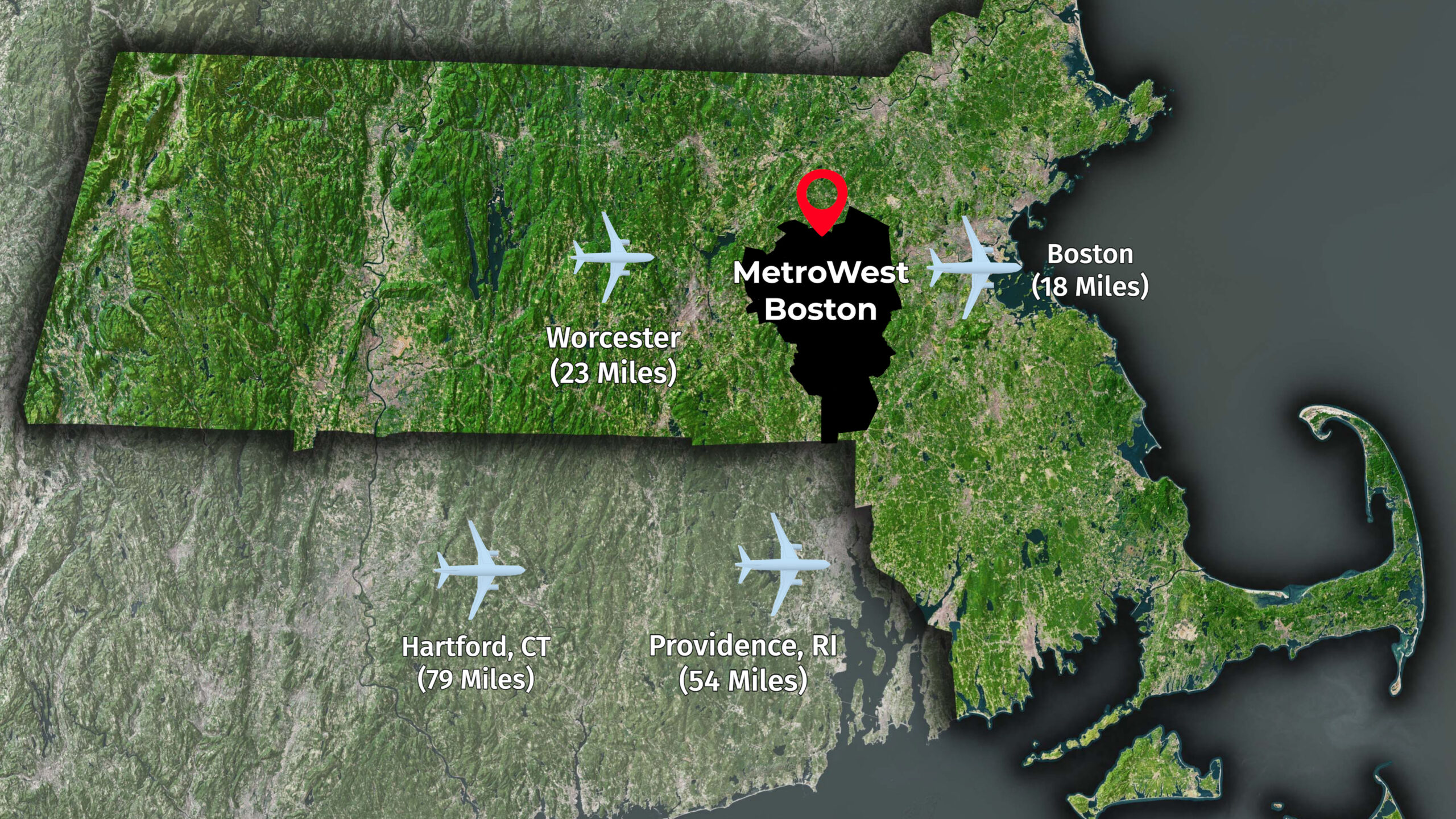
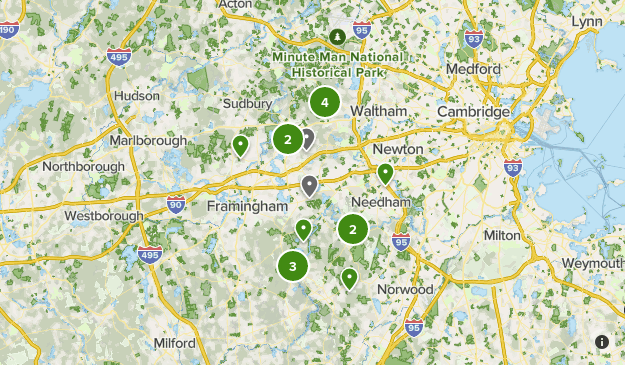
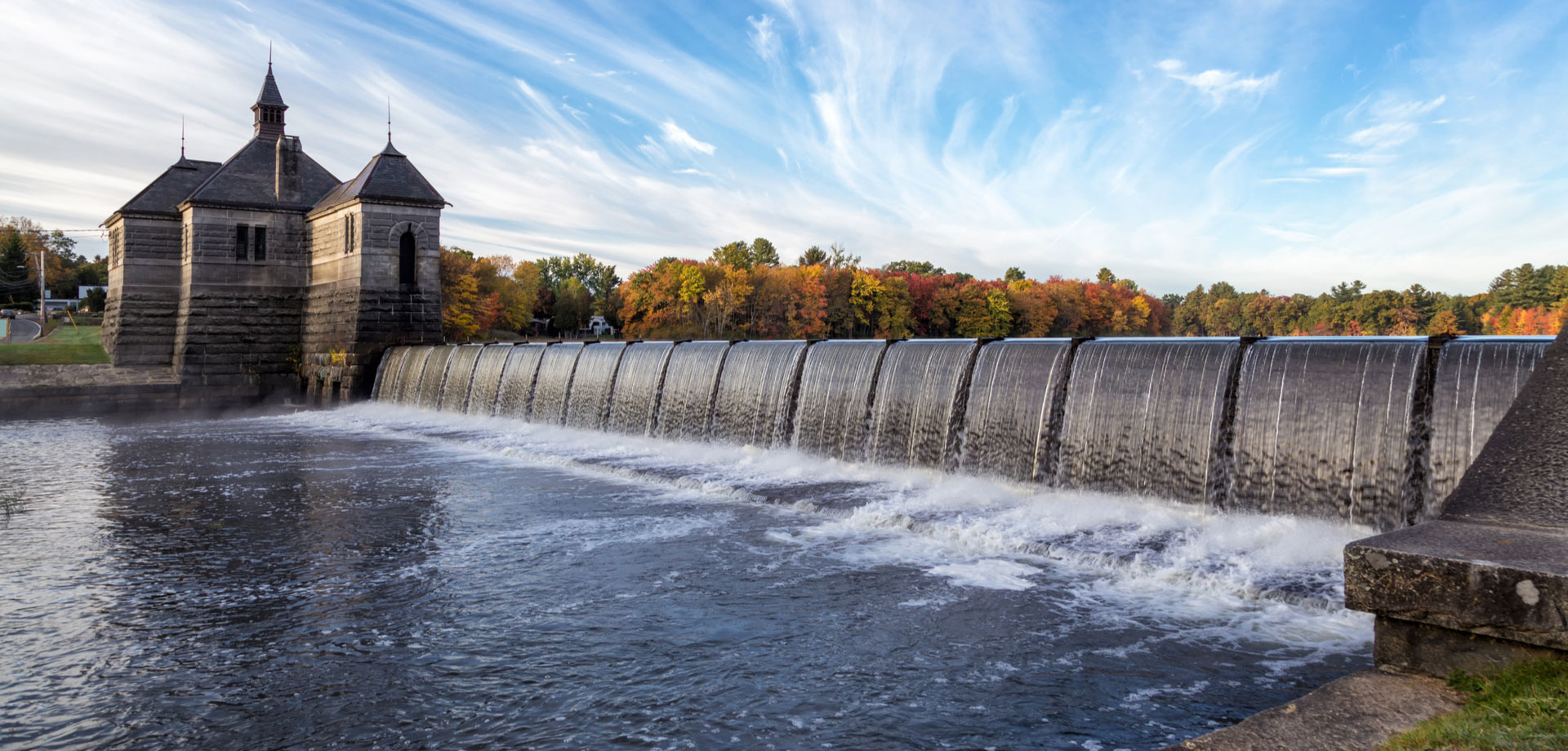
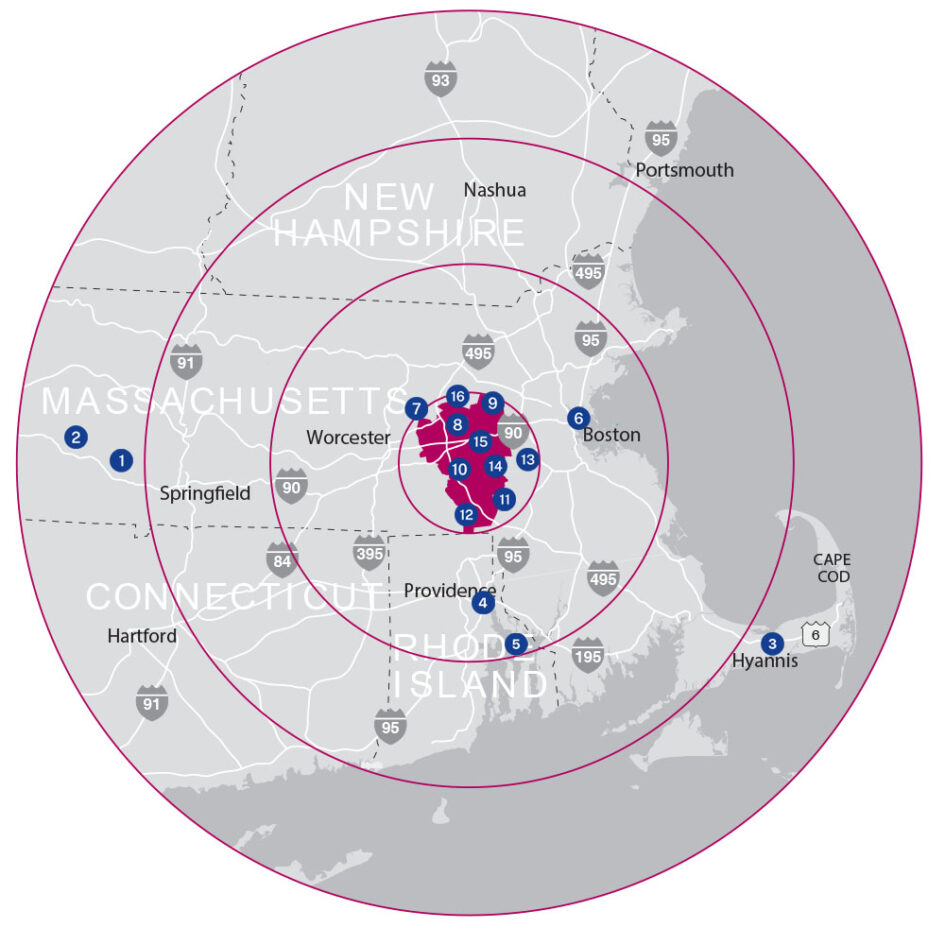


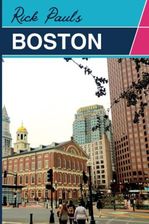
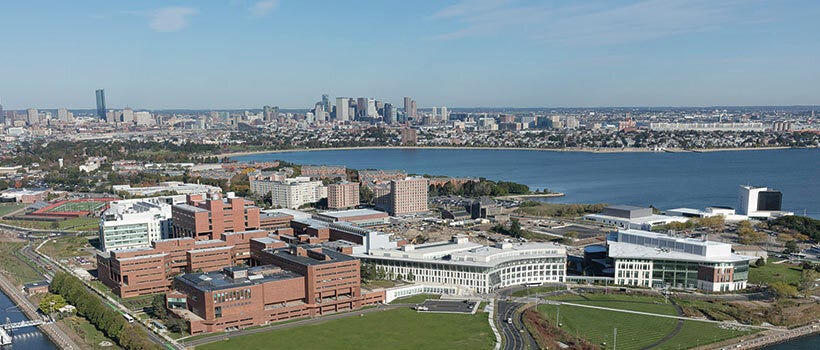
Closure
Thus, we hope this article has provided valuable insights into Navigating the Vibrant Hub of Metro West Boston: A Comprehensive Guide. We thank you for taking the time to read this article. See you in our next article!